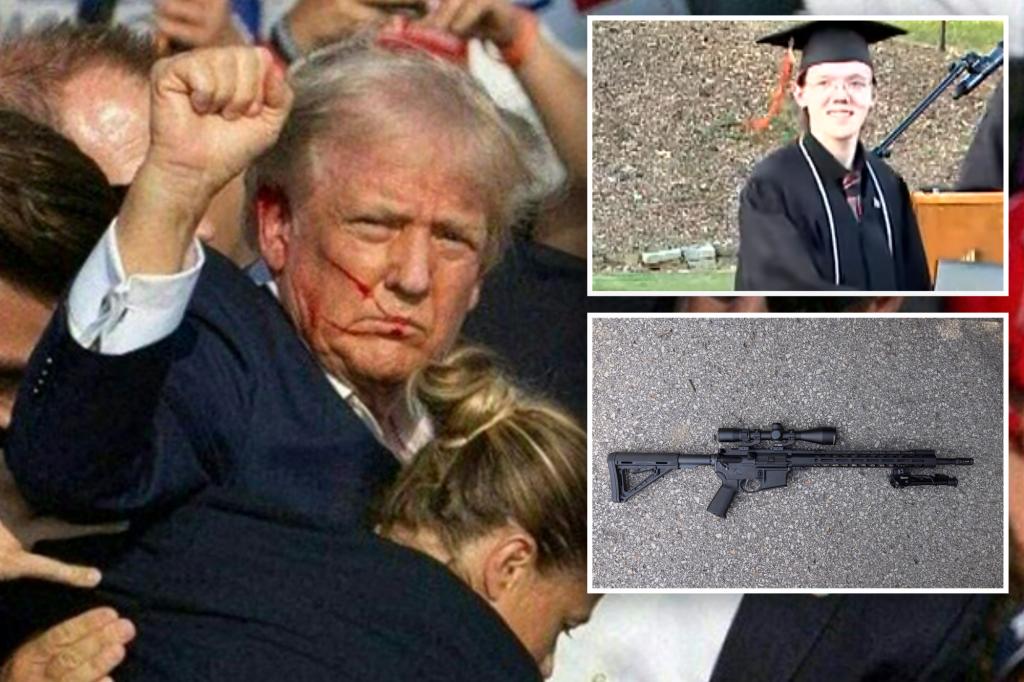The FBI confirmed that a bullet struck Donald Trump’s ear during an assassination attempt on July 13 in Pennsylvania. Two days after FBI Director Christopher Wray testified that there was uncertainty about what hit Trump, the agency released a statement confirming that the bullet came from the shooter’s rifle. This acknowledgment came after Trump expressed frustration over Wray’s testimony before the House Judiciary Committee.
After Wray suggested that it may not have been a bullet that hit Trump’s ear, the former president disputed this claim on Truth Social, stating that the FBI never investigated what caused the injury and that this uncertainty undermined the agency’s credibility. Trump claimed that he could feel the bullet ripping through his skin during the rally where the assassination attempt occurred. In response to the FBI’s statement confirming that it was a bullet that hit Trump, the former president said he fully accepted Wray’s apology.
The shooter behind the assassination attempt was identified as 20-year-old Thomas Matthew Crooks, who was shot dead by Secret Service agents at the rally. Crooks grazed Trump’s ear, killed a retired fire chief, and injured two other rally attendees. Investigators revealed that Crooks had a history of searching for information on Trump’s appearances and the Democratic National Convention. Additionally, Crooks had a general interest in high-profile individuals and celebrities, regardless of their political affiliations.
Trump recounted the assassination attempt in an exclusive interview with The Post, describing it as a surreal experience where he believed he was supposed to be dead. Following the incident, President Biden and Vice President Harris addressed the nation, condemning the shooting as a heinous, horrible, and cowardly act. Trump expressed gratitude for Wray’s apology on Truth Social, indicating acceptance of the statement. Wray, who was hired by Trump for the FBI director role in 2017, offered this apology in response to the controversy surrounding remarks made during his testimony about the nature of the injury Trump sustained.
Rep. Ronny Jackson, Trump’s former White House physician who attended to him after the shooting, stated that there was no evidence suggesting that the object that struck Trump’s ear was anything other than a bullet. Trump’s initial claim that he felt the bullet during the rally contradicted Wray’s earlier testimony, leading to a public disagreement about the nature of the injury. However, following the FBI’s confirmation, Trump accepted Wray’s apology and acknowledged the agency’s statement about the bullet. The incident highlighted the challenges in investigating and confirming details during high-profile events, particularly when there are conflicting accounts and uncertainty about key facts.


